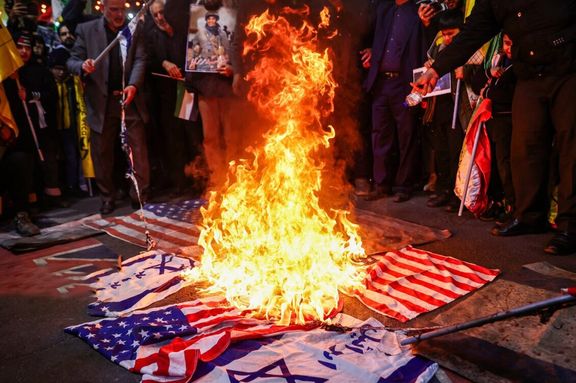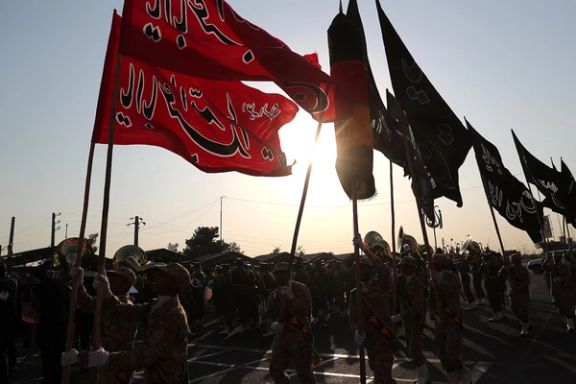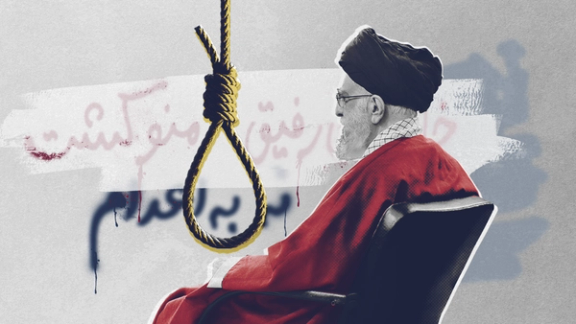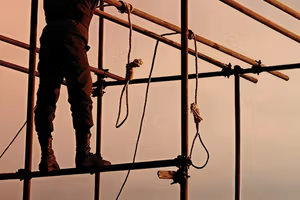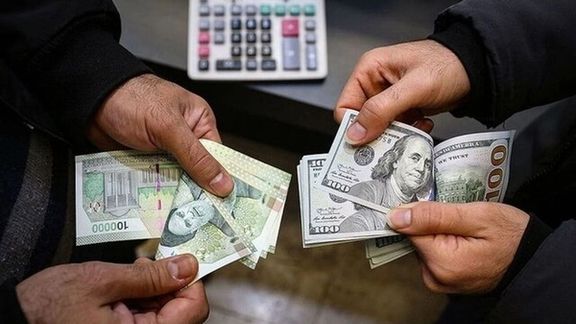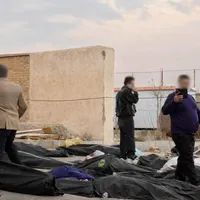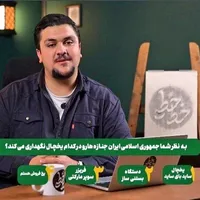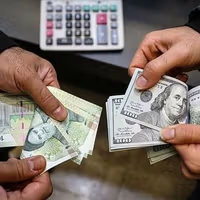"To put it bluntly, there up to this moment near zero IAEA oversight of Iran’s nuclear programme, and there are thousands of kilos of enriched uranium in Iran which the IAEA has not been able to verify for nearly three months," the European troika said.
"It is not enough for Iran to make promises for tomorrow, we need to see evidence from Iran today that demonstrates it is ready for a diplomatic solution that addresses the international community’s concerns."
"That starts by showing, not claiming, that it is meeting the fair and reasonable conditions set by the E3 for a Snapback extension," the statement read.
The E3's remarks came in the form of an open letter to the International Atomic Energy Agency, which is tasked with inspections of Iranian nuclear sites.
"Iran is obfuscating the status and location of this material from the international community, and Iran refused to allow the Agency to verify this stockpile," it added.
Sanctions loom
The three powers last month triggered the so-called "snapback" mechanism within a 2015 international nuclear deal to which they are party along with Iran, giving Tehran 30 days to comply with the agreement or face restored international sanctions.
IAEA chief Raphael Grossi inked a deal to pave a way forward on resuming cooperation with Iran alongside its foreign minister Abbas Araghchi at a ceremony in Cairo on Wednesday.
Grossi said the new deal covers inspections at all of Iran’s declared nuclear sites, including those hit by Israeli and US strikes in June, in what he called a step in the right direction toward restoring safeguards.
IAEA inspectors quit the country for safety reasons during the war but subsequently returned, though they have not resumed most of their duties.
Araghchi said on Wednesday the deal does not currently allow inspectors into nuclear sites and access would be discussed in future talks, adding the accord’s survival depends on Western powers refraining from restoring UN sanctions.
'Critical jucnture'
The E3 in its letter said Iran must swiftly engage in diplomacy to provide an extension to the sanctions and meet what it called its "fair and achievable" conditions: unconditional talks with Washington, compliance with safeguarding obligations and transparency on its uranium stockpile.
"We are at a critical juncture," it wrote. "The E3 have been clear to Iran and the international community that we remain committed to diplomacy."
"It is now up to Iran to quickly take concrete steps to demonstrate it is serious about finding a diplomatic solution and to engage meaningfully with our offer, which will remain on the table during the 30-day window before snapback takes effect," the E3 added.
Iran’s parliament has since adopted a law suspending cooperation, a serious obstacle to renewed cooperation.
'No guarantee'
The IAEA-Iran agreement on Tuesday appears to provide few concrete guarantees on when the watchdog's work can resume and may give little impetus to the European powers to take a softer line.
"I understand that the European view is that Tuesday’s agreement is very UNLIKELY to shift the plans on SnapBack," Wall Street Journal correspondent Laurence Norman wrote on X on Wednesday.
"The Europeans see the absence of clear timelines and deadlines as a major problem — effectively guaranteeing nothing."

